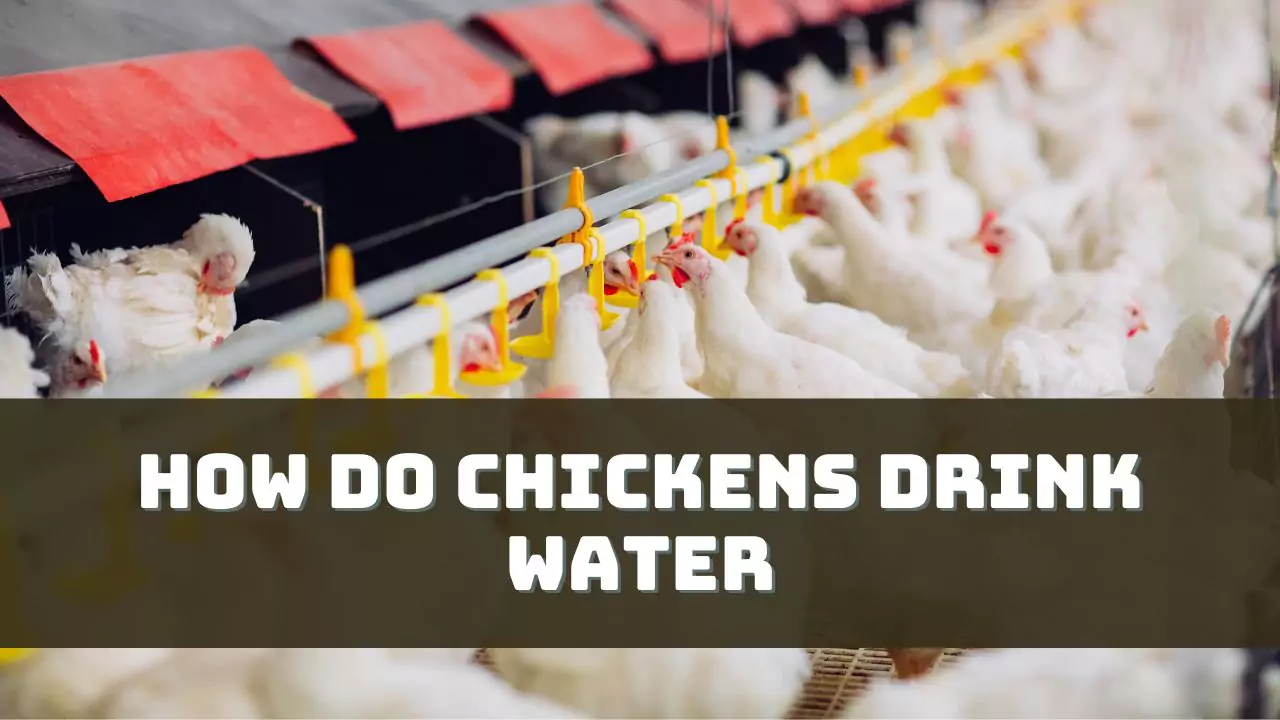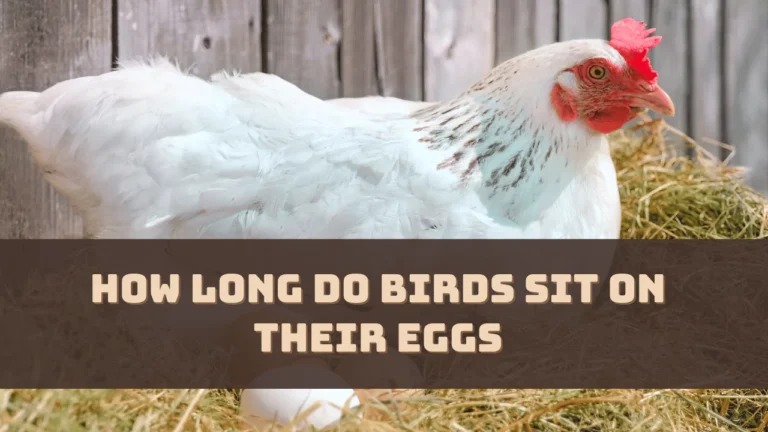The chicken is seen dipping the beak into the water and then they open and close their mouth rapidly and tilt their head to get the water down their throat. Chickens have a hole in the roof of the mouth, called choana and this connects the nasal passage. So, when the chicken swallows, this passage gets closed so that water does not enter the nose.
If you are trying to install a waterer in the coop, you must know how much water a chicken drinks per day.
How to Give Water to Chickens?
You can install a waterer or consider a poultry nipple so that the chickens can access water any time they want to. To help them discover the water source, put hay or sunflower seed into the trough. You also need to understand the type of waterer that would best fit the chicken flock and the coop.
Factors to Consider While Installing Waterer in a Coop
If you are planning to get new water, then you must consider the size, humidity, number of chickens in the coop, and how many times you need to refill it. Birds that are larger in size or laying eggs or if there is a rise in temperature, would drink more water. A proper estimation would help to check the waterer on the scheduled time. You can also get a rough estimation to plan out things.
You must also consider the space where you are trying to put the chicken waterer. If required, instead of opting for one waterer, you can go for two, so that it fits better in the coop or in your backyard. You must also get a waterer that is designed to prevent the water from freezing during winter.
Otherwise, you can also use stone or ceramic bowls to provide water to the chickens and it also keeps the water cool. During summer use food-grade plastic for additional water sources and if possible use nipple drinkers.
How Much Water Does a Chicken Drink?
A large adult fowl would drink a pint of water per day. A 5-quart waterer would be able to provide enough water to 10 adult chickens in a day. It would be enough for one chicken for one week. If it is a hot summer day, then the chickens can drink twice the quantity. So, an average chicken would drink one or two cups of water every day.
The amount of food taken by a chicken also plays a significant role in the amount of water consumed by the chicken. A chicken drinks about twice the amount it eats, based on the weight, under normal conditions, and as the temperature rises the chicken eats less and drinks more
Factors based on which a chicken consumes water everyday:
- Bird’s size,
- Feed composition
- Environmental temperature
- Birds’ health condition
- Bird laying eggs
- Water palatability
- Feed intake
If the chicken gets affected by certain diseases, then it can lead to drinking more water. Also, chicken would drink less if the water contains any kind of medication or if there is an excessive amount of dissolved minerals
A chicken’s core temperature is 40ºC and 41.5ºC and the ideal water temperature that they intake is about 13ºC, and anything beyond this would make the chickens reluctant to drink water.
Does a Chicken have Saliva?
Yes, chickens do have saliva and this helps them to swallow the food. Since chickens do not have teeth, they cannot chew the food and thus, the salivary gland helps to wet the food, making it easier to swallow. The saliva also has a special enzyme that initiates the digestion process. They use their tongue to push the wet food down their throat.
Can Chickens Drink Rain Water?
Yes, chickens can drink rainwater. However, rainwater might contain toxins, green algae, rooting elements, and other contaminants that can lead to a number of diseases, and also algae poisoning or botulism among the chickens. Thus, if you are planning to use rainwater, then before you provide it to the chickens, sterilize it by heating the water or you can also use a sterilization solution.
Can You Provide Salt Water to Chickens?
No, drinking salt water can lead to salt intoxication among the chickens, as they cannot deal with the salt and they try to avoid it. However, if they are left with no choice, then only they drink the salted water.
Do Chickens Drink Water in Winter?
Yes, chickens drink water in winter, but you need to ensure that it does not freeze and try not to put water inside the coop. Due to humidity, drinking cold water can cause frostbite. You must consider using a heated waterer but try to modulate the temperature, as the water should be unfrozen but not too warm.




